Should You Get a Tankless Water Heater?
The hot water heater is probably one of the most important appliances in the home. Not only is this appliance crucial for the comfort and convenience of you and your family, but it’s also a significant part of your energy and water usage every day. Because of this, you want to make sure that you’re making the best possible choice when it comes to the type of water heater you have installed in your home. According to Lowes, the life expectancy of a water heater is only about eight to 12 years, so eventually, you’ll need to have a new one installed. There are two main options: tank and tankless. Let’s learn more about these two options to see which one would work best for you.
What Are Tankless Water Heaters?
A tankless water heater, sometimes called an on-demand water heater, uses a high-powered burner to heat water. This happens as the water runs through a heat exchanger and is then delivered to the faucets in the house. The water is never stored in a tank for later use. This option is usually powered by electricity or gas.
What Are the Benefits of a Tankless Heater?
One of the main reasons people opt for a tankless heater is because it’s more energy-efficient than other options. According to Consumer Reports, a tankless heater is 22% more energy-efficient than a storage tank heater. This can result in significant energy savings for your home over the year and the life of the heater.
Another benefit of this option is that it takes up much less space than a tank storage model. A water heater storage tank is a large, bulky appliance that needs a special area set aside for it within the home.
A tankless water heater also poses less of a risk to your home. A storage tank hot water heater carries several risks, including fire hazards if it’s a model that uses a pilot light. Another significant risk is flooding in your home should something go wrong and water start leaking from the tank.
What Are Storage Water Tank Heaters?
Storage water tank heaters are the traditional option. These types of water heaters have been used for many decades and are still very common in most homes. According to The Home Depot, this option consists of an insulated tank that can hold 30 to 50 gallons of water at a time, depending on its size.
The appliance uses gas or electricity to heat water, which is then stored in the tank for future use. The water is kept hot because the tank is highly insulated. The water is pumped to the faucet when needed.
A storage tank heater can provide extremely hot water instantly because the water is already heated and ready to pump to the faucet. A tankless heater often requires a waiting period while you wait for the water to heat up. During this waiting period, you will waste water as the cold water must run until the hot water appears. This can impact your water bill and septic tank.
A major drawback of storage tank heaters is that they provide you with a limited amount of hot water. You only have access to the amount of water that’s stored in the tank. Once the tank is depleted, you need to wait until more water is heated. This often causes hot water to run out in large households or when using a large amount of hot water for something. Another drawback is that the storage tank heater isn’t as energy-efficient as a tankless variety.
What Are Things to Consider?
If you’re in need of a hot water heater, there are a few things you’ll need to consider before making your choice. Hot water heater replacements often need to be chosen quickly since your home will be without hot water until you’ve selected the replacement. Despite this, you still need to carefully consider the space in your home, the amount of energy that you want to use for water heating, and the hot water needs of your particular household when choosing a new heater.
These are just a few things you should know about tankless heaters and tank storage options. If you’re looking for hot water heater replacements, you’ll need to call in professional plumbers for installation. Using plumbing services will ensure that your appliance is installed properly and reduce the risks of problems like leaks and flooding. If you’re looking for professional plumbers in your area, please contact us at Ultimate Plumbing, Heating & AC LLC today.

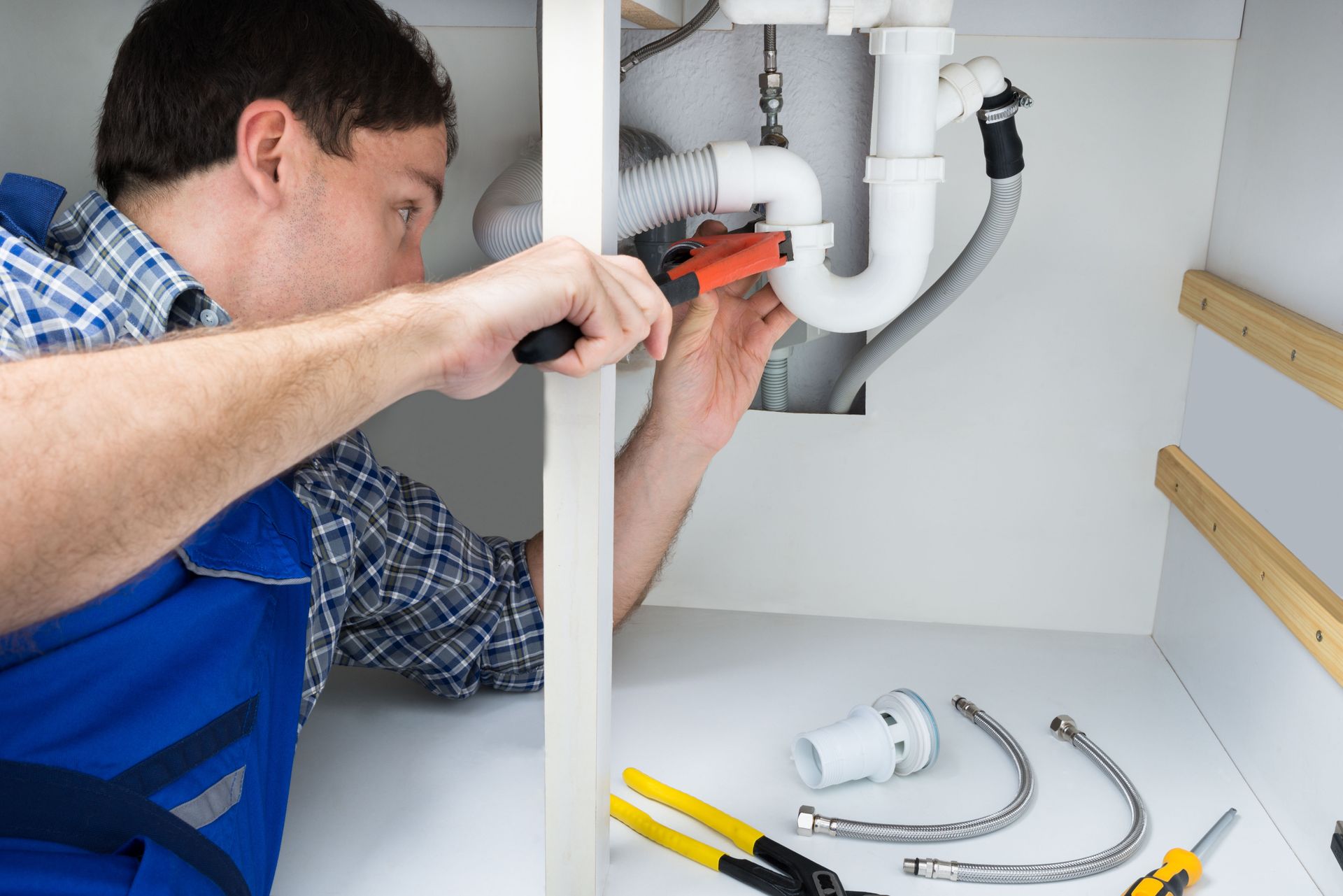
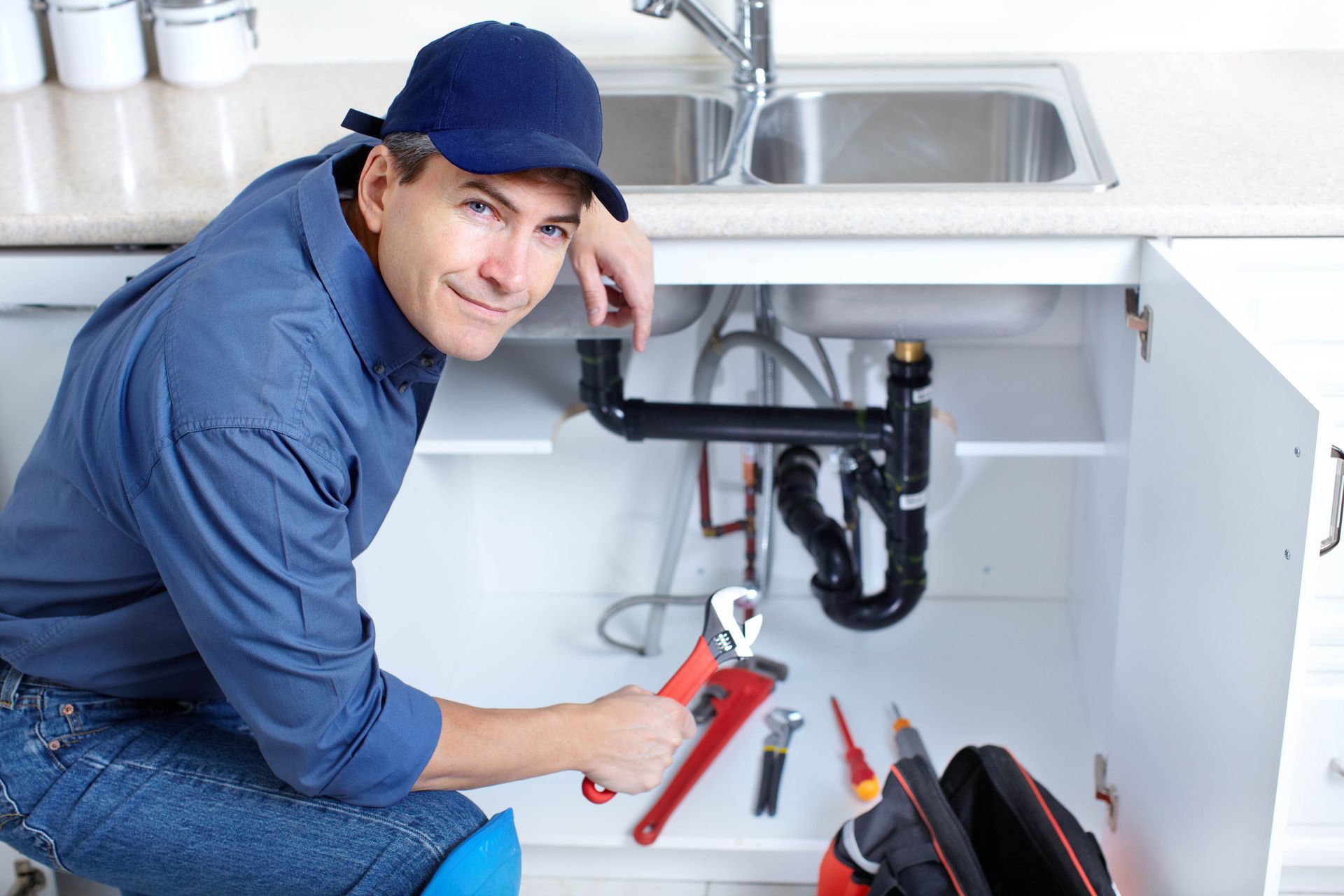
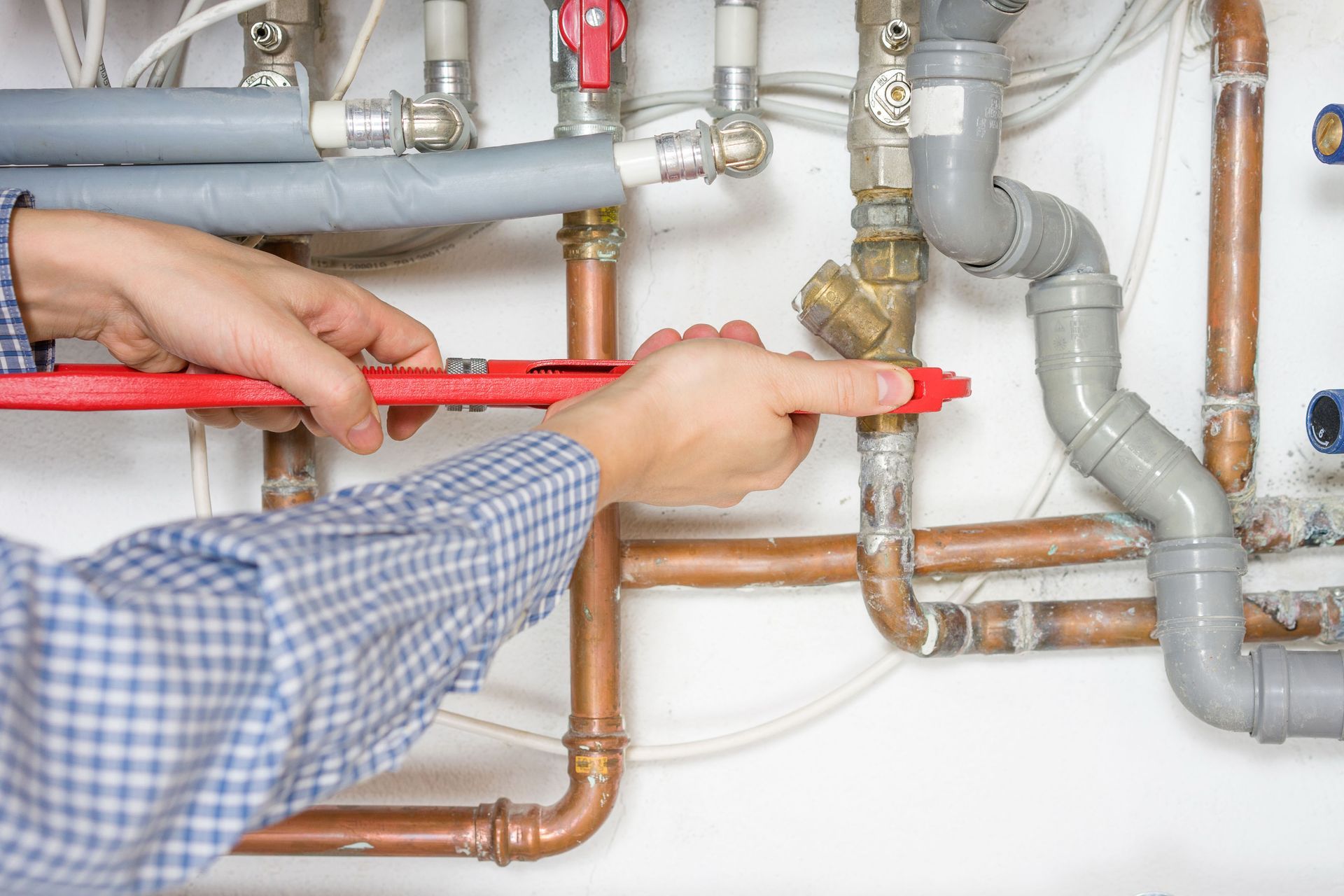
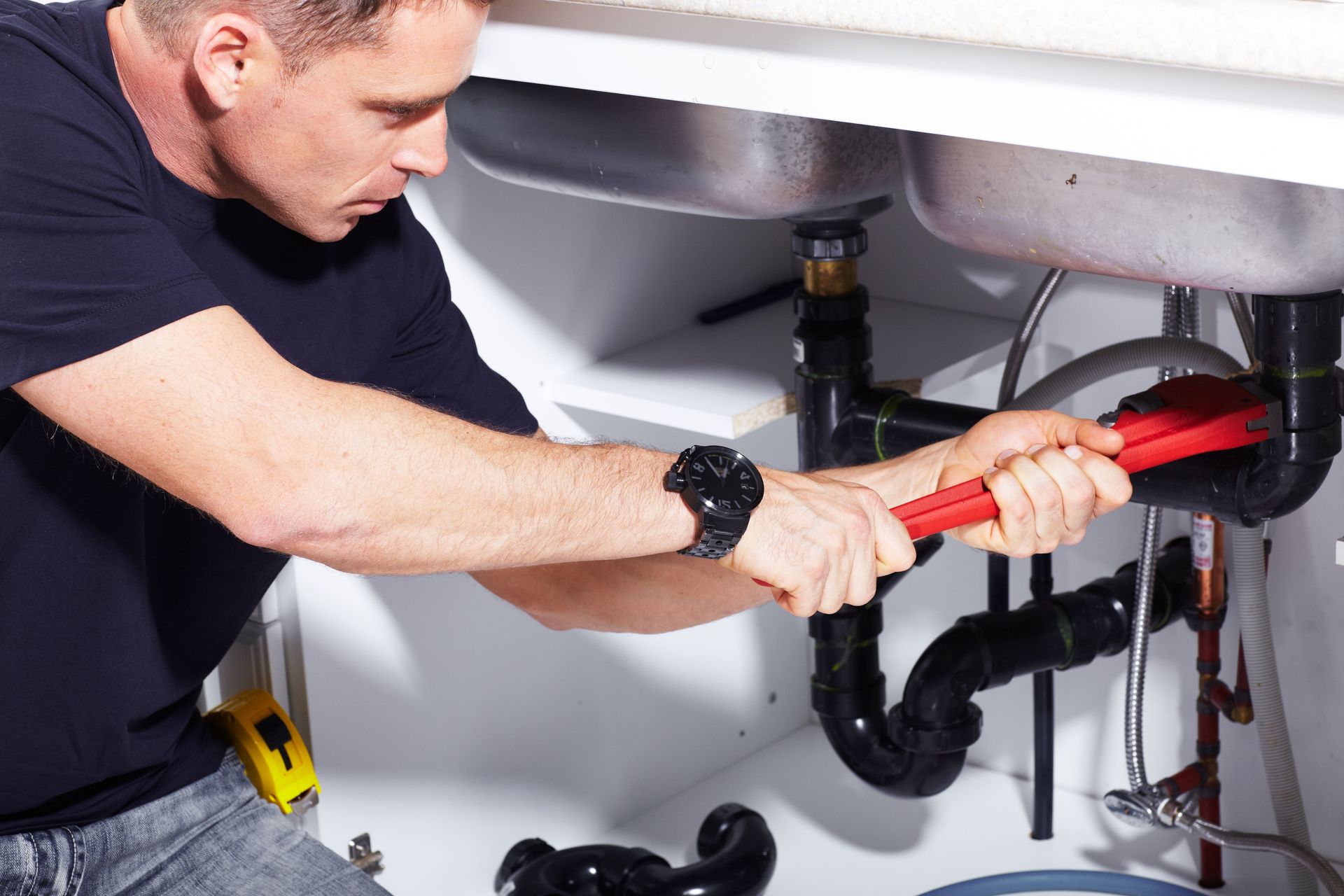
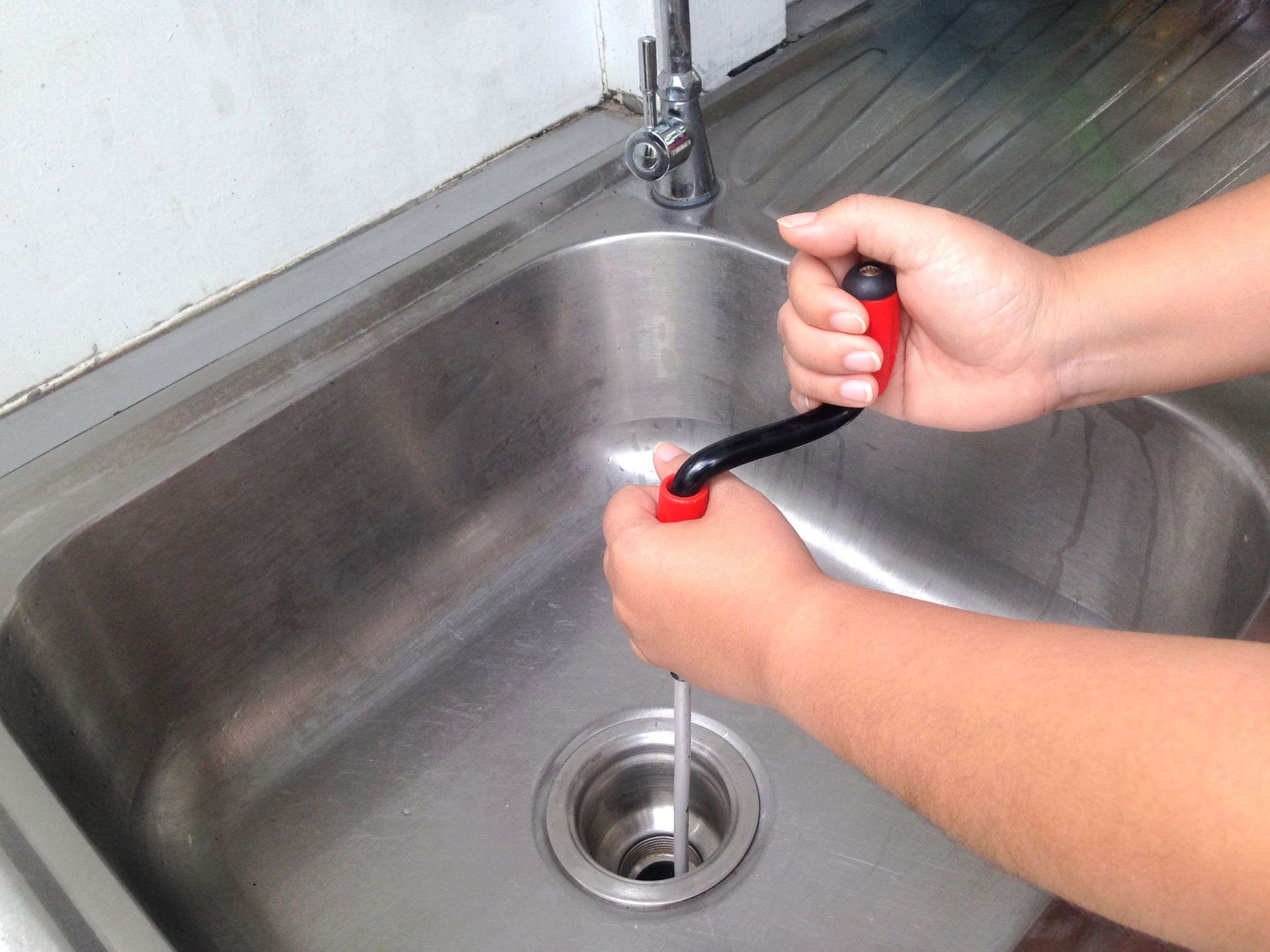
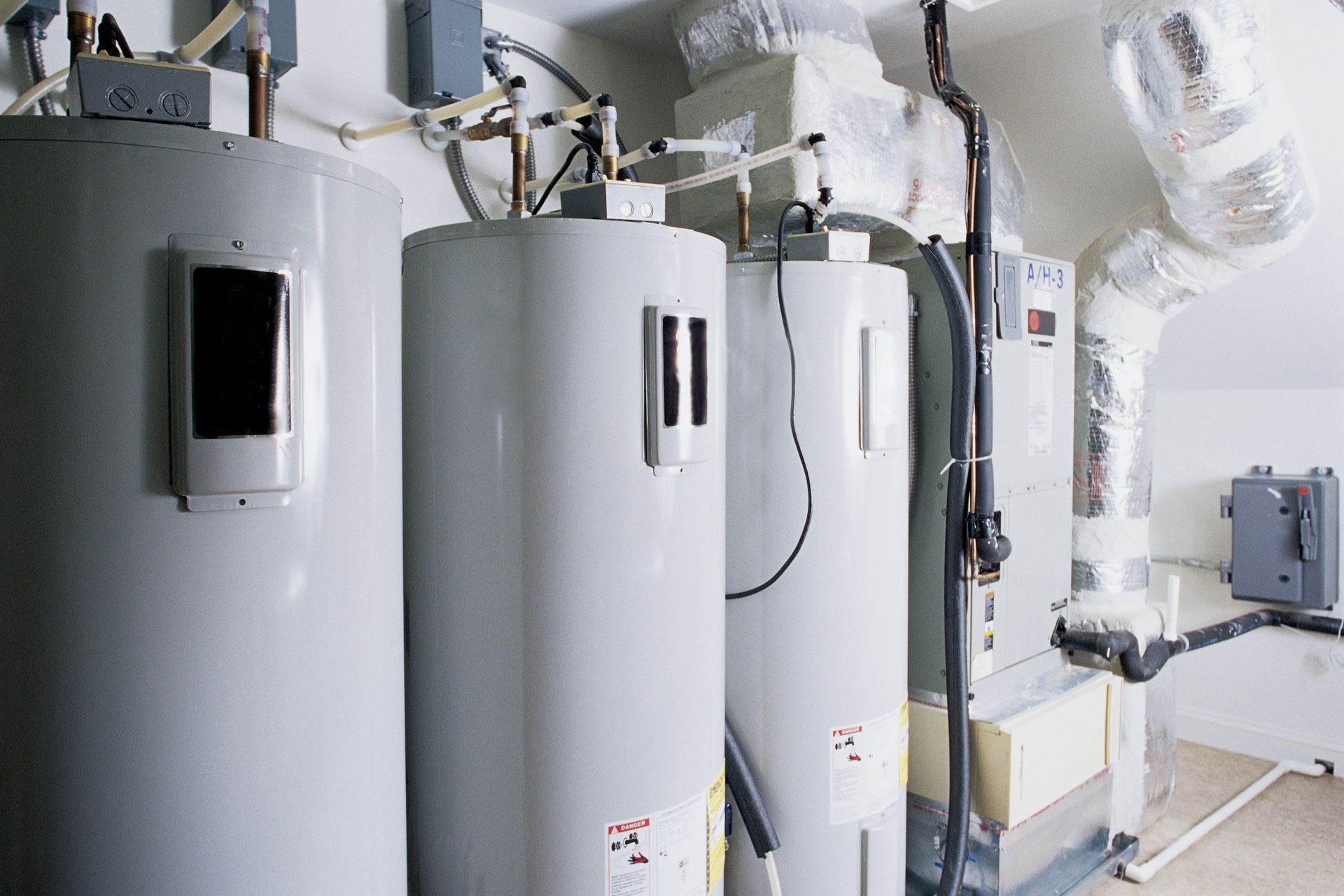
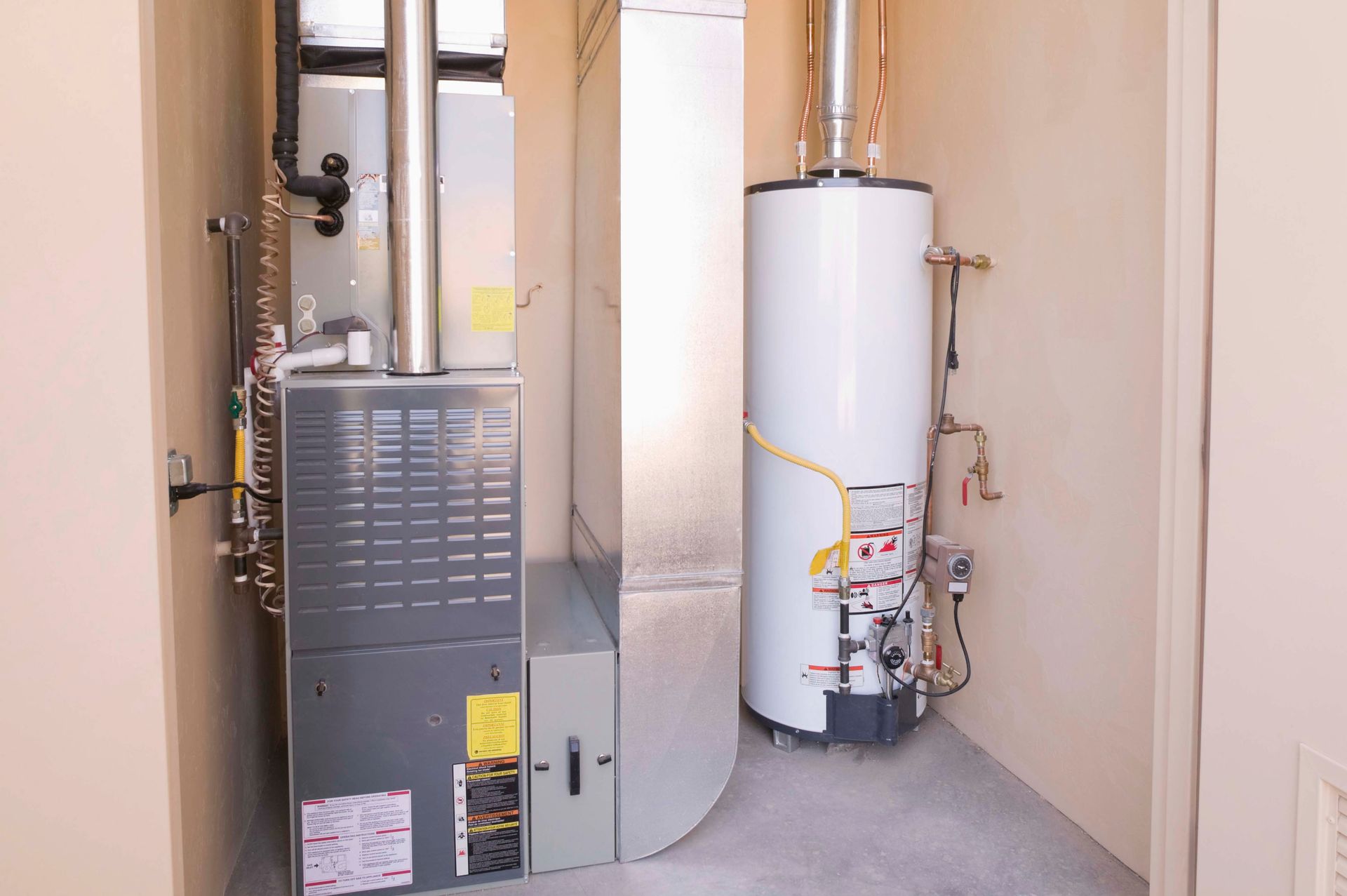
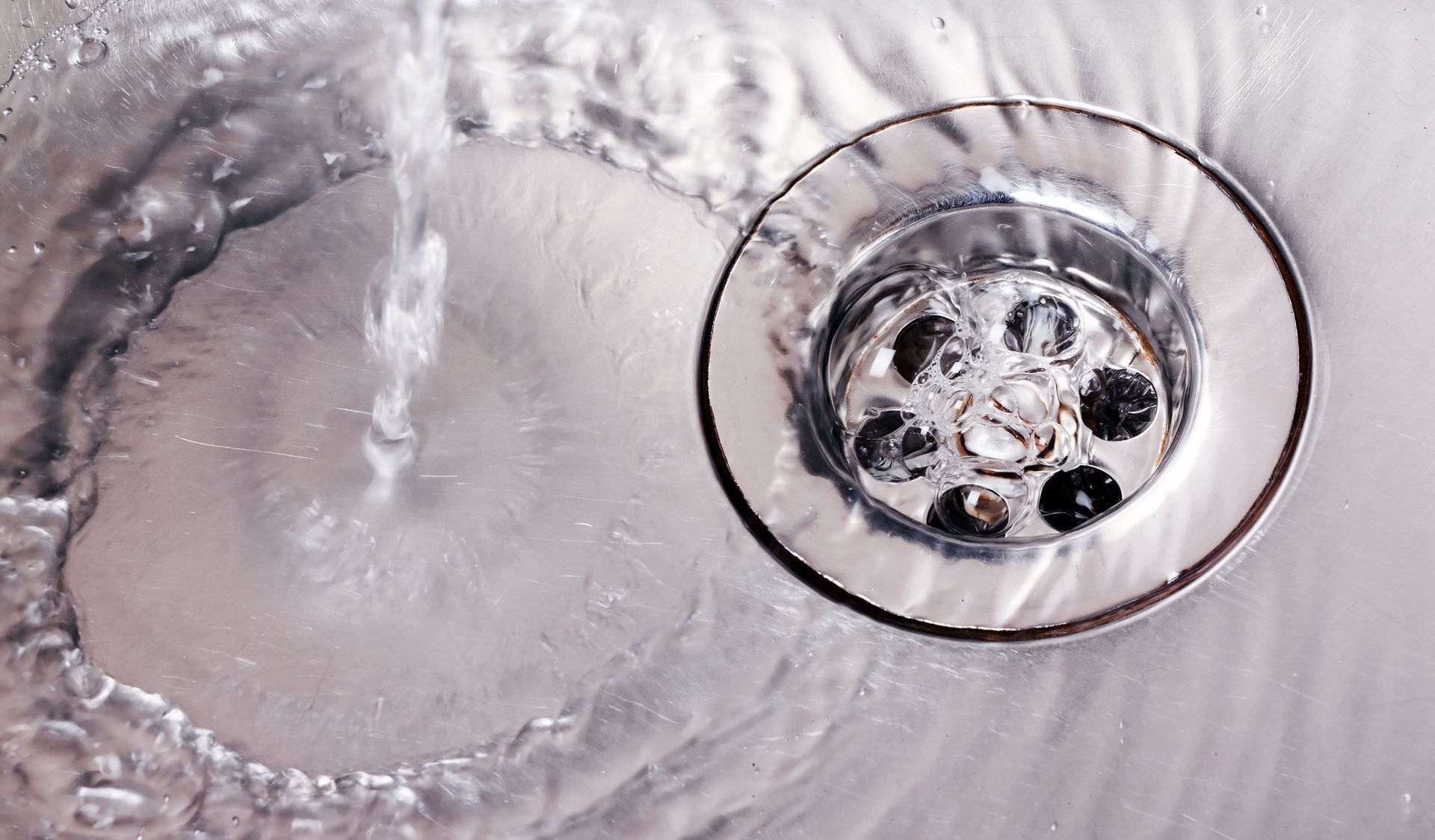
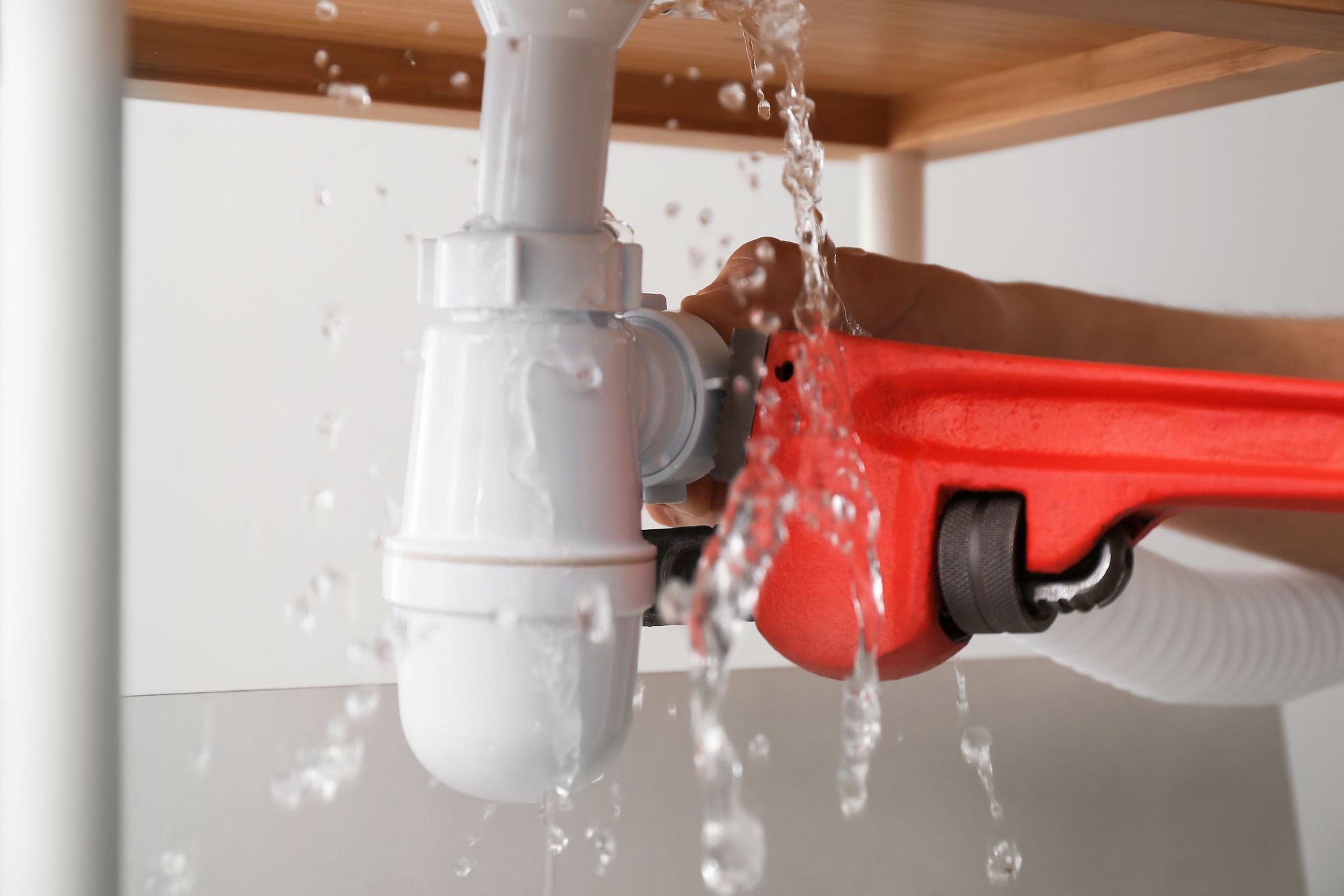
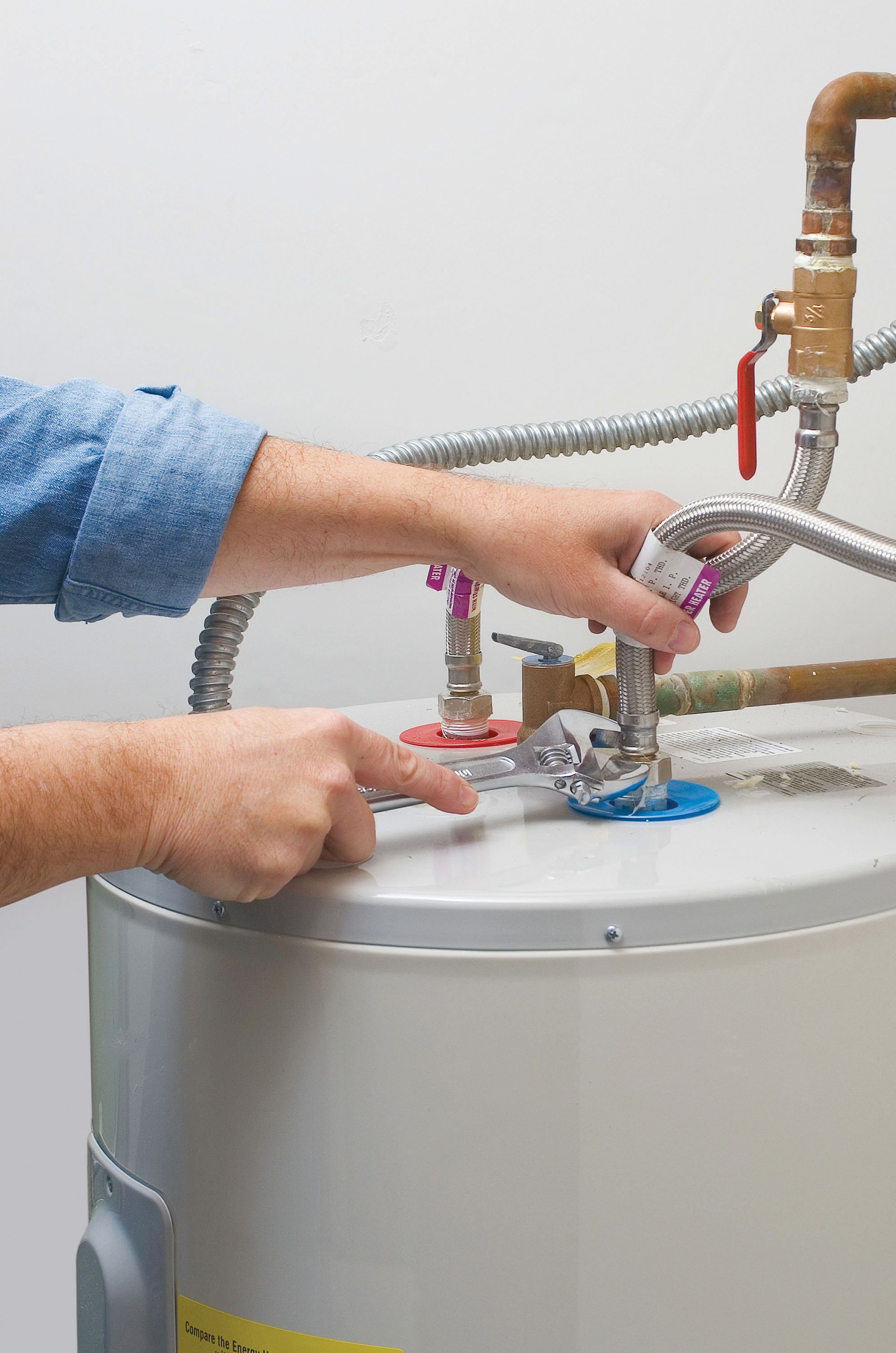
Share On: